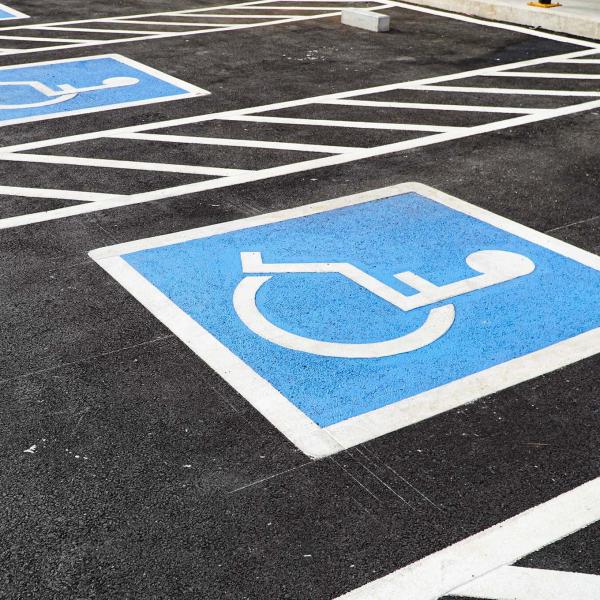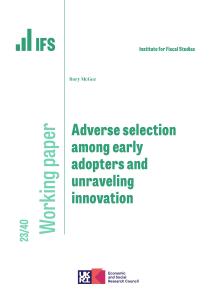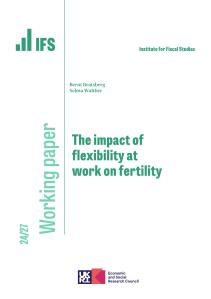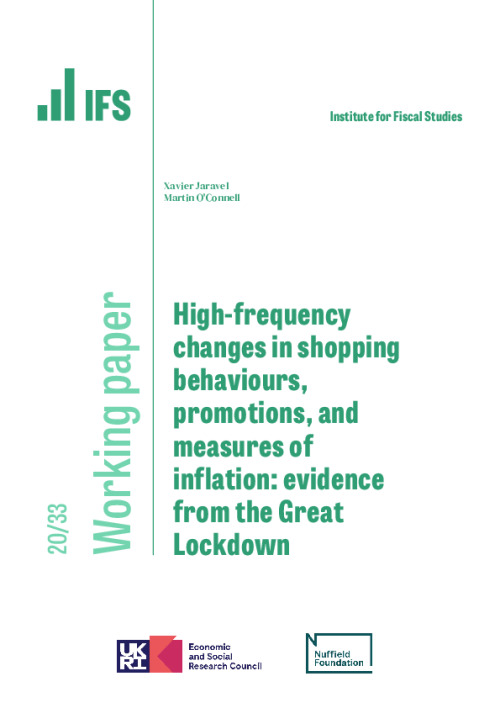We use real-time scanner data in Great Britain during the COVID-19 pandemic to investigate the drivers of the inflationary spike at the beginning of lockdown and to quantify the impact of high-frequency changes in shopping behaviours and promotions on inflation measurement. Although changes in product-level expenditure shares were unusually high during lockdown, we find that the induced bias in price indices that do not account for expenditure switching is not larger than in prior years. We also document substantial consumer switching towards online shopping and across retailers, but show this was not a key driver of the inflationary spike. In contrast, a reduction in price and quantity promotions was key to driving higher inflation, and lower use of promotions by low-income consumers explains why they experienced moderately lower inflation. Overall, changes in shopping behaviours played only a minor role in driving higher inflation during lockdown; higher prices were the main cause, in particular through a reduced frequency of promotions.
Authors

Research Fellow University of Wisconsin
Martin, previously Deputy Research Director, is a Research Fellow at IFS and Professor of Economics at the University of Wisconsin.

Research Associate London School of Economics
Xavier is a Research Associate at the IFS, an Assistant Professor of Economics at the LSE and a member of the French Council of Economic Analysis.
Working Paper details
- DOI
- 10.1920/wp.ifs.2020.3320
- Publisher
- The IFS
Suggested citation
Jaravel, X and O'Connell, M. (2020). High-frequency changes in shopping behaviours, promotions, and the measurement of inflation: evidence from the Great Lockdown. London: The IFS. Available at: https://ifs.org.uk/publications/high-frequency-changes-shopping-behaviours-promotions-and-measurement-inflation (accessed: 30 June 2024).
Grant
Related documents
Download appendix
PDF | 222.41 KB
More from IFS
Understand this issue

Disability, illness and pain are real problems for the entire economy
28 August 2023

How did parents’ experiences in the labour market shape children’s social and emotional development during the pandemic?
1 August 2023

Work from home: what does the future look like?
24 May 2023
Policy analysis

Tax and public finances: the fundamentals
23 August 2023

How have the size and shape of the UK state changed?
9 June 2024

Size of the state has grown over this parliament and is likely to remain permanently bigger than pre-pandemic
9 June 2024
Academic research

Saving by buying ahead: stockpiling in response to lump-sum payments
2 February 2024

Adverse selection among early adopters and unraveling innovation
18 December 2023

The impact of flexibility at work on fertility
11 June 2024
